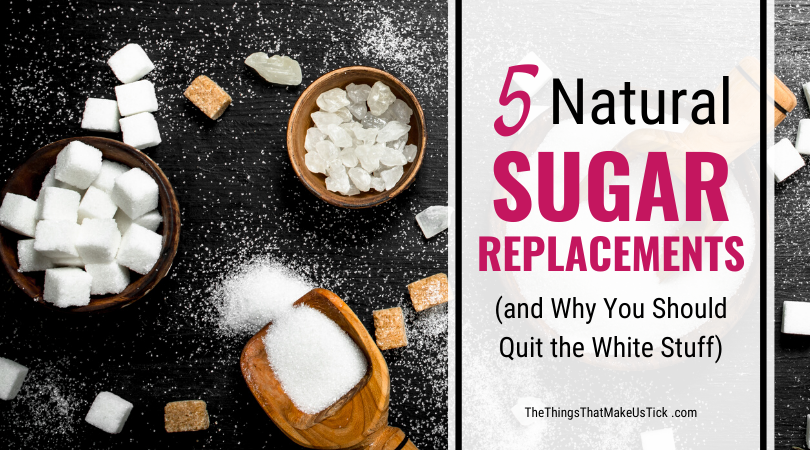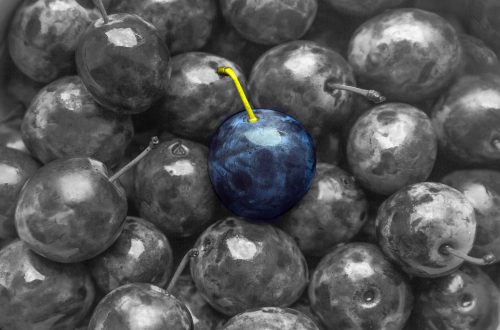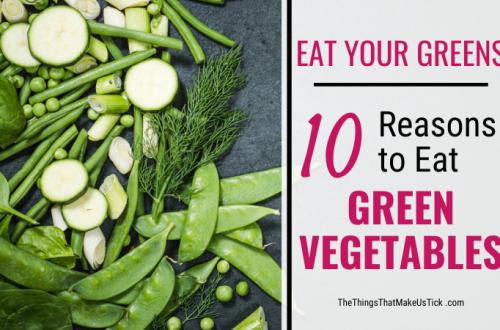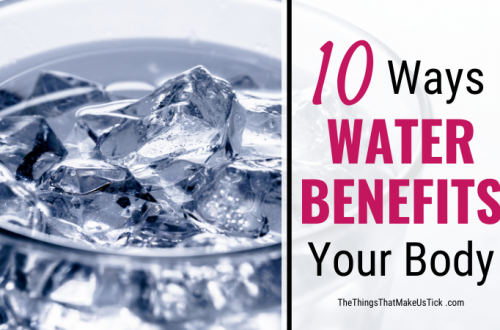One of the most detrimental ingredients in many modern diets is processed and refined sugars. White sugar, corn syrup, and similar products have been associated with a range of health conditions, including diabetes, heart disease, and even cancer. While many people consume tons of refined sugar products without even realizing it, it doesn’t have to be that way. There are natural sugar replacements that can add sweetness to baked goods, beverages, and more.
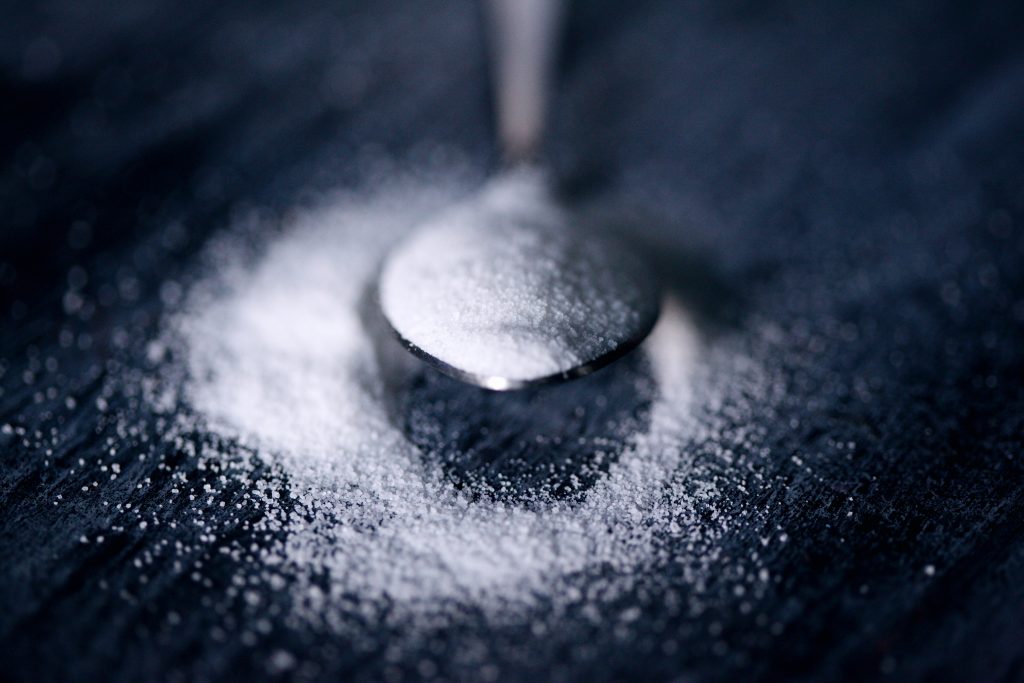
Why It’s Smart to Ditch White Sugar and Go with Natural Sugar Replacements
Sugar may make an item taste sweet, but that’s about the only pseudo-benefit it provides. White sugar is devoid of nutritional value, offering only empty calories. It doesn’t contain vitamins, minerals, protein, or essential fats.
Plus, consuming processed sugars can lead to undesirable side effects. It may interfere with the body’s ability to regulate hunger, which could cause a person to eat more calories and, subsequently, gain weight. It may also negatively impact your metabolism, insulin production, and fat storage processes.
Additionally, high sugar consumption levels are linked to a range of diseases and medical conditions, some of which can be deadly. Heart disease, cancer, and diabetes are all on that list.
Finally, sugar is actually addictive. When consumed, it leads to a dopamine release, the same process that occurs with addictive drugs. As a result, a person can develop sugar cravings, increasing the odds they will overeat.
5 Natural Sugar Replacements That Can Be Healthier Than White Sugar
If you want to avoid white sugar, corn syrup, and artificial sweeteners, you’re in luck. There are plenty of natural sugar replacements that can add sweetness to a food or drink that don’t involve chemicals you might prefer to avoid.
Here are five natural sugar replacements to try if you want to ditch the white stuff.
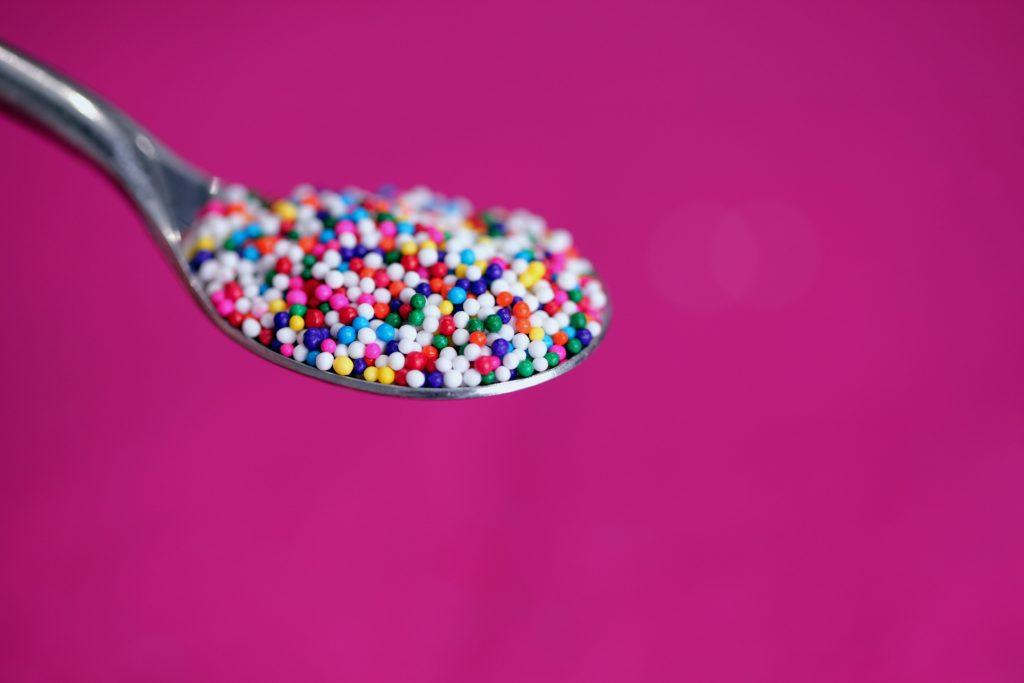
1. Stevia
A sweetener that’s extracted from the leaves of the Stevia rebaudiana plant, stevia is a zero-calorie white sugar alternative. Consuming stevia has no known connection to weight gain or increasing a person’s odds of becoming obese. Plus, it may provide some health benefits, such as lower blood sugar and insulin levels.
It’s important to note that the stevia plant can be used to produce two different kinds of sweetening compounds. Both stevioside and rebaudioside A come from the plant and can be in products labeled “stevia.” However, their tastes are slightly different. You may want to try products featuring each of the options separately as well as those that combine the two, allowing you to track down an option that makes your taste buds the happiest.
2. Honey
Honey can be an excellent alternative to white sugar. Along with containing antioxidants as well as some trace amounts of various vitamins and minerals, it is also linked to a range of potential health benefits. It may reduce LDL cholesterol and triglycerides for those with diabetes and decrease C-reactive protein (CRP), an inflammation marker.
When it comes to blood sugar levels, honey’s impact tends to be less dramatic than white sugar. However, it does still contain fructose and can cause blood sugar and insulin to rise, so it might not be the best option for everyone.
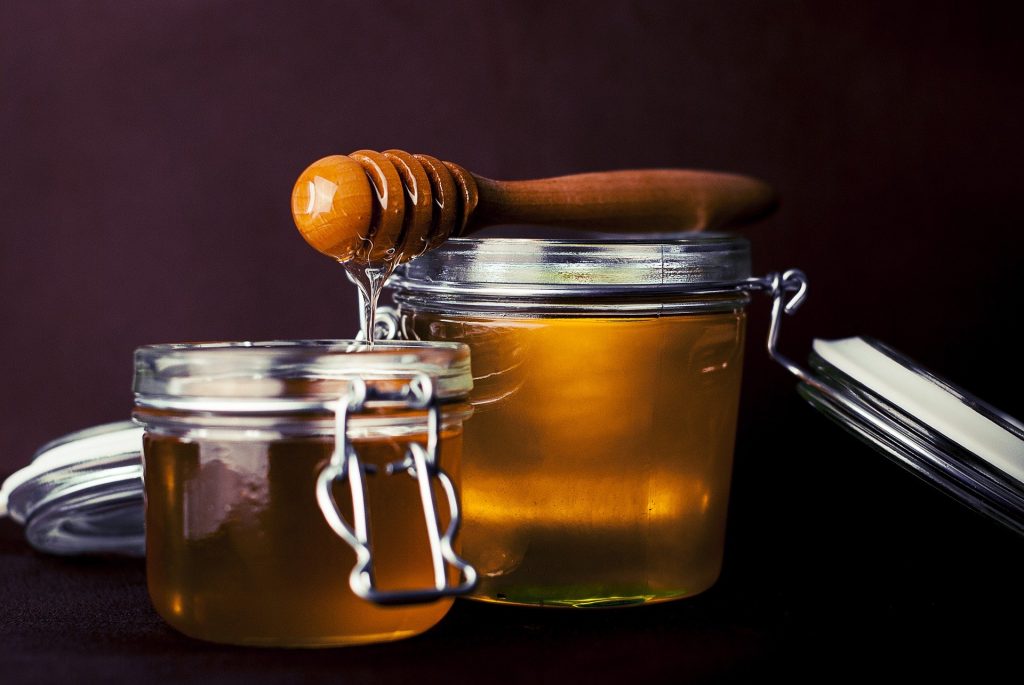
3. Xylitol
A sugar alcohol with a flavor that is very similar to sugar, xylitol is naturally found in many fruits and vegetables as well as corn and birch wood. It has 40 percent fewer calories than sugar, does not raise blood sugar, and does not lead to an uptick in insulin levels.
Plus, xylitol may improve dental health, reducing the risk of tooth decay and cavities. It may also promote better calcium absorption.
It is important to note that, while xylitol is typically well-tolerated, eating large quantities can lead to some digestive distress, something that is true for many sugar alcohols. It’s possible to experience bloating, gas, or diarrhea, though typically won’t in low amounts.
4. Coconut Sugar
Made from the sap of the coconut palm, coconut sugar actually contains some nutrients, including potassium, iron, calcium, and zinc. It’s lower on the glycemic index than sugar, so its impact on insulin levels is smaller by comparison.
However, it does have a similar calorie content. As a result, it shouldn’t be treated as a low-calorie natural sugar replacement. Instead, it’s an option that won’t lead to as dramatic a change in blood sugar as regular sugar would.
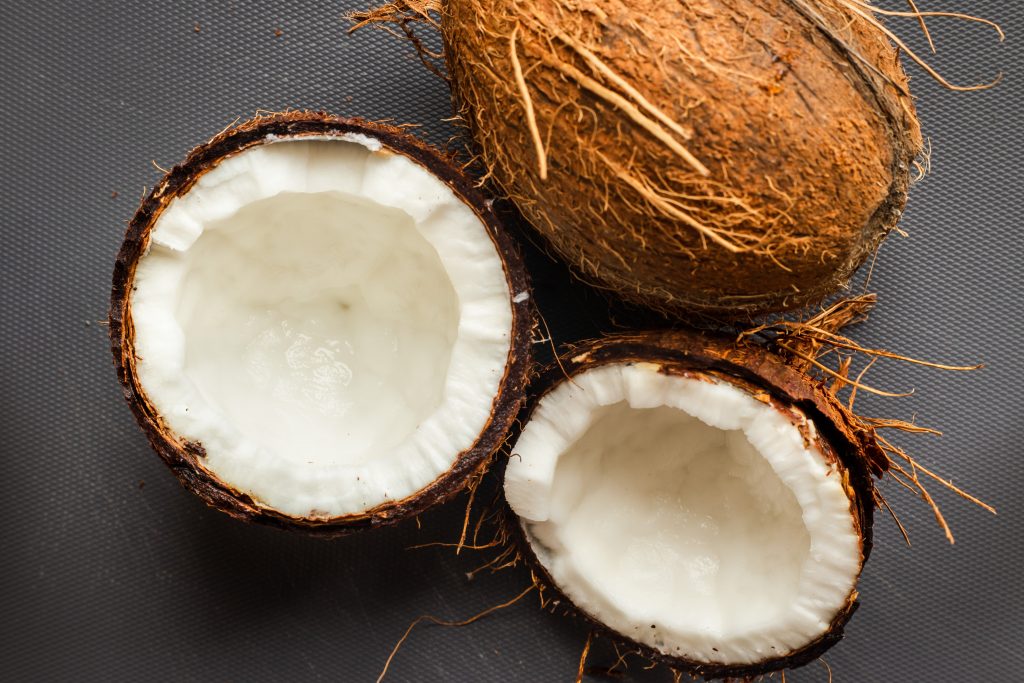
5. Erythritol
Another sugar alcohol, erythritol only has 6 percent of the calories you’d find in sugar. Plus, since the body doesn’t have the required enzymes to break it down, it remains largely unchanged before it is excreted from the body. When consumed, it won’t raise insulin or blood sugar levels.
Plus, it’s very well tolerated. Usually, only mild digestive issues may occur, and typically only when consumed in large quantities.
